New to medicinal herbs? Welcome. No need to choose between an Eastern and Western health approach. Herbs are a wonderful middle ground. Healing herbs are medicinal plants, foraged (or cultivated) for medicinal value. They’ve been used for thousands of years. Herbs are known to promote health, improve chronic disease, boost immunity, and more. They’re a traditional remedy. In a safe manner, herbs can supplement (or improve!) conventional medicine. In today’s article, we’re digging into the most common medicinal herbs—plus, how to incorporate them. Time to get your steep on.
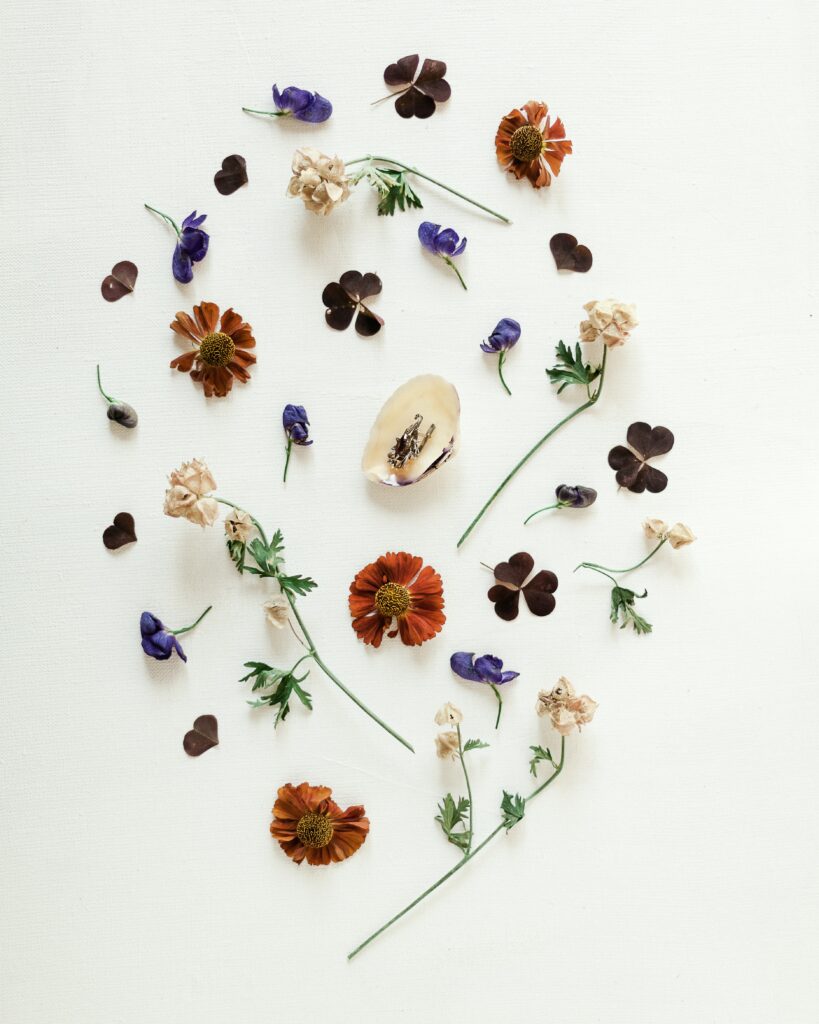
Eastern vs. western approach to health
Based on research, a Western approach divides health from the disease (for example, encouraging birth control for a woman who has menstrual cycle irregularities). However, the Eastern approach looks at health as a balanced state (for example, changing diet and lifestyle for hormone imbalance). Said differently: the Western approach tends to change the environment; the Eastern way is to adapt the environment. As a patient, there is beautiful synergy amongst both. And as a healthcare provider, you can become a more well-rounded diagnostician by combining Eastern and Western medicine. One isn’t necessarily better than the other. They’re different, powerful, and effective in their own ways.
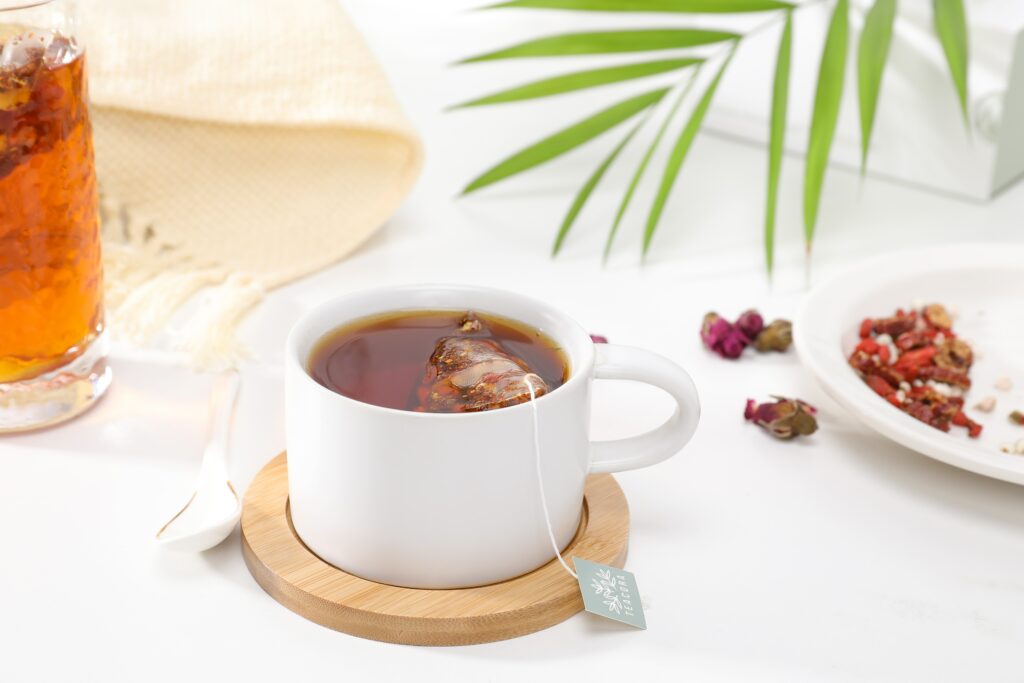
what are medicinal herbs?
For thousands of years, people have used plants to treat ailments, pain, and disease. Parts of these medicinal plants—leaves, bark, stems, roots, seeds, and flowers—are used to create herbal remedies. To this day, over one-third of Americans turn to herbal remedies to help treat various ailments. Medicinal plants often most helpful when used as a complementary therapy. Herbs aren’t considered a cure-all.
Disclaimer: Many have risks and side effects, and herbal remedies are not currently regulated by the Food and Drug Administration (FDA) to determine their safety or efficacy. It’s important to seek treatment from a healthcare professional, as pain, disease, and infections can progress and may lead to complications if not properly treated. Speak with your doctor before using any herbal remedies. Some may cause interactions with medications you are taking.
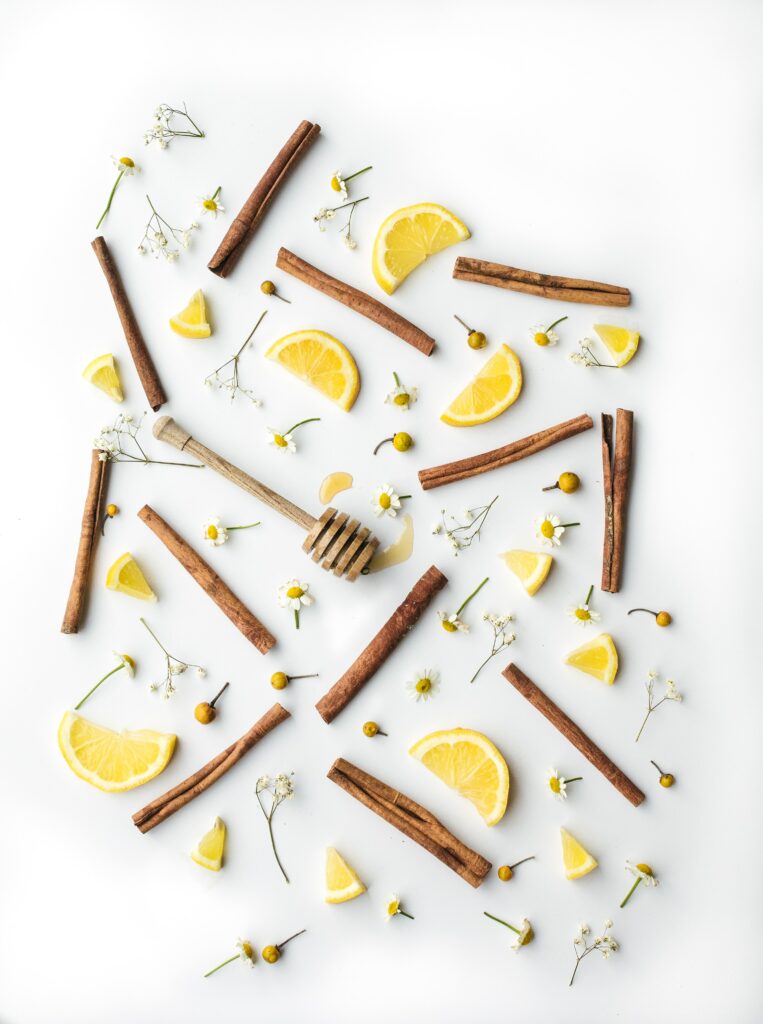
the difference between adaptogens and herbs
Hence the name, adaptogens help our bodies adapt to stress. Adaptogens are popular in the wellness world. However, they’re often used in a buzzy, branding-friendly way. Hello, marketing. At any rate, herbs and adaptogens are not interchangeable terms. Herbs refer to the full catalog of medicinal plants, while adaptogens refer to nine specific plants. We can work together to find the right adaptogen(s) for your needs.
Beginner’s guide to medicinal herbs
There’s no better time to sip, steam, and sprinkle herbs into your favorite warm drinks and meals. They’re all anti-inflammatory and loaded with antioxidants! Whether you feel run down, anxious, under the weather, or simply want to give yourself extra nourishment, herbs are here to help. You can infuse healing plants into your everyday rituals. For example, spoon NextEVo’s Ashwagandha into your mid-morning coffee. You can put cinnamon in your chia pudding. You can put cinnamon in your chia pudding. You can mix dried oregano into your favorite pasta sauce. No need to overcomplicate!
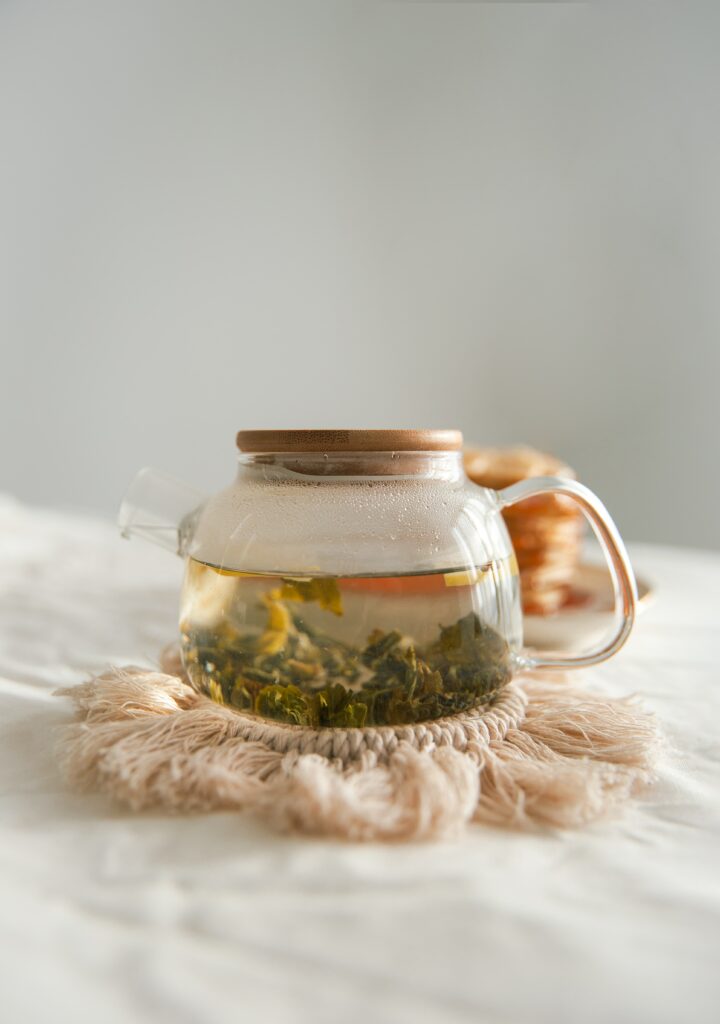
how to use medicinal herbs
Incorporate herbs into teas, infusions, and spice blends.
Tea
For tea, make a warming spiced tea to support your digestive and circulatory system. An earthy chai—with rose and reishi—will do the trick.
Steam
To steam, grab dried or fresh herbs to steep in a big pot. Inhale their soothing powers. Oregano, thyme, or rosemary can help ease congestion.
Spice
Lastly, spice blends add warmth and flavor to dishes and drinks. Make a turmeric latte with cinnamon, ginger, black pepper, and maca.
Common medicinal herbs
Below are common medicinal herbs. Tell your healthcare providers about any herbs or dietary supplements you are using.
Immune system
Astragalus: Astragalus has been used for centuries in traditional Chinese medicine. It has many health benefits, including immune-boosting, anti-aging, and anti-inflammatory effects. This is my favorite high-quality astragalus supplement.
Shiitake: In Chinese medicine, shiitake are thought to boost health and longevity, as well as improve circulation. You can cook with both fresh and dried shiitake.
Ginseng: Ginseng is used as a tonic and aphrodisiac. Disclaimer: There is a large variation in the quality of ginseng sold (this is my favorite, high-quality ginseng tincture). People with diabetes should not use ginseng.
Tulsi: Originating in India, tulsi tea is known to strengthen the immune system, promote longevity, and enhance well-being. It’s great for hot flashes and other menopause symptoms. Additionally, it can lower stress.
Licorice: Licorice root may have potent antioxidant, anti-inflammatory, and antimicrobial effects. Early research suggests that it may ease upper respiratory infections, treat ulcers, and more.
nervous system
Milky Oats: Milky oats offer a wealth of nutrients—B-complex, potassium, calcium, magnesium, iron, and zinc. Because of this, milky oats can ease physical and mental exhaustion.
Valerian: Valerian is used to treat sleeplessness and to reduce anxiety. Research suggests that valerian may be a helpful sleep aid.
Chamomile: Considered by some to be a cure-all, chamomile is commonly used in the U.S. (for anxiety and relaxation). In Europe, chamomile is known for healing wounds and reducing inflammation. Consume chamomile as a tea or apply as a compress. It has a variety of benefits.
Ashwagandha: People have used ashwagandha for thousands of years. It’s known to relieve stress, increase energy levels, and improve concentration. NextEVo’s Ashwagandha is one of the most important Ayurvedic herbs!
Digestive System
Ginger: Ginger is most commonly known for easing nausea and motion sickness. Research suggests that ginger may relieve the nausea during pregnancy and chemotherapy. Its wide range of benefits may be due to its strong anti-inflammatory and antioxidative effects.
Turmeric: Turmeric has many scientifically-proven health benefits. It includes the potential to improve heart health and prevent against cancer and Alzheimer’s disease. It’s packed with anti-inflammatory and antioxidant compounds. It may also help improve symptoms of depression and arthritis. For daily joint support, I recommend this turmeric supplement.
Cinnamon: Who doesn’t love cinnamon? Cinnamon helps lower blood sugar levels and has an anti-diabetic effect. Research shows it has beneficial effects on insulin resistance. Plus, it tastes delicious. Here’s the best bulk cinnamon.
Peppermint: Like cinnamon, peppermint is very helpful for digestion. Research shows that peppermint may help improve digestion, freshen your breath and improve concentration. Additionally, this mint has antibacterial properties and may improve allergy symptoms, headaches and clogged airways. According to the web, this is the best peppermint tea.
Garlic: Although garlic is technically a vegetable, it is widely used as an herb or spice. It offers a variety of health benefits and is a particularly pungent ingredient sure to spice up your favorite dish. Unlike other vegetables, it’s less commonly cooked on its own or eaten whole.
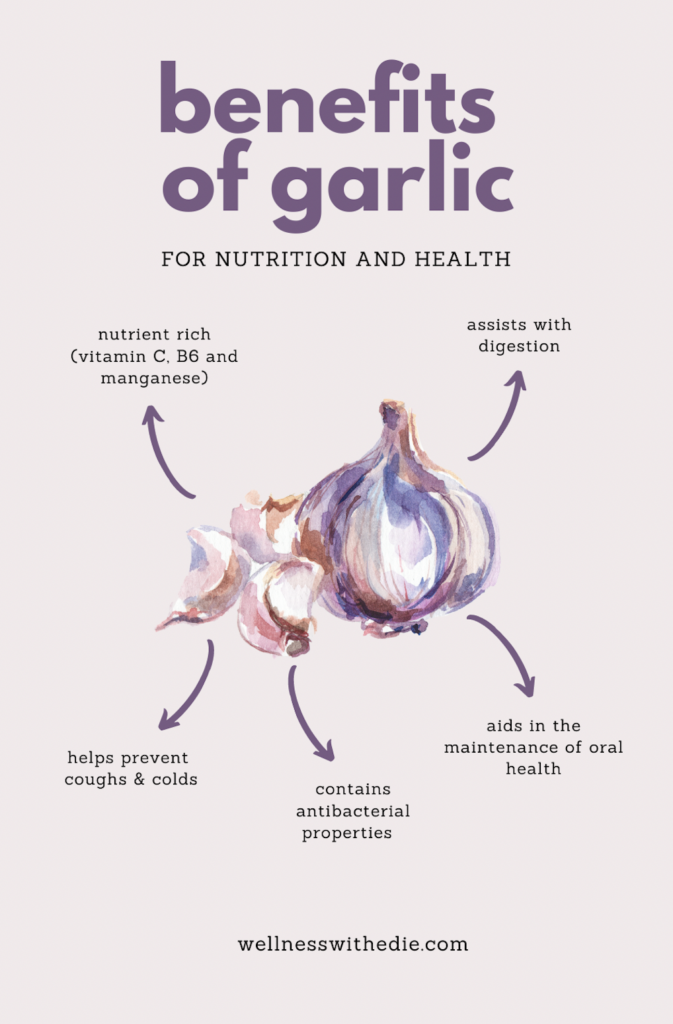
respiratory system
Oregano: Fresh oregano is antibacterial. It has phytonutrients, which fight infections. It’s loaded with antioxidants that help prevent cell damage, and it’s an excellent source of fiber, vitamin K, iron, vitamin E, tryptophan, and more.
Thyme: Thyme contains a variety of minerals and vitamins that promote good health. Thyme is full of vitamin C for immune support, potassium for healthy cells, and manganese for bone development and blood clotting.
Rosemary: Studies show that rosemary has powerful antibacterial, antiviral, and antifungal properties. Consuming rosemary regularly can help lower the risk of infection. Rosemary supports the respiratory system.
lymphatic system
Echinacea: Echinacea is commonly used to treat or prevent colds, flu, and infections. Some studies show echinacea can lessen upper respiratory infections.
Calendula: This herb’s anti-fungal and antimicrobial properties help prevent infection. Calendula is also known to have anti-inflammatory and antioxidant components, which might help to fight cancer, protect against heart disease, and ease muscle fatigue.
Dandelion: Dandelion is known to reduce stress on the liver. It can also help your liver filter harmful chemicals. Dandelion is also a good source of vitamin C.
Images courtesy of Unsplash.
This article contains affiliate links. Thank you for supporting Wellness with Edie!
This article is for informational purposes only. It is not, nor is it intended to be, a substitute for professional medical advice, diagnosis, or treatment and we recommend that you always consult with your healthcare provider.



Leave a Reply